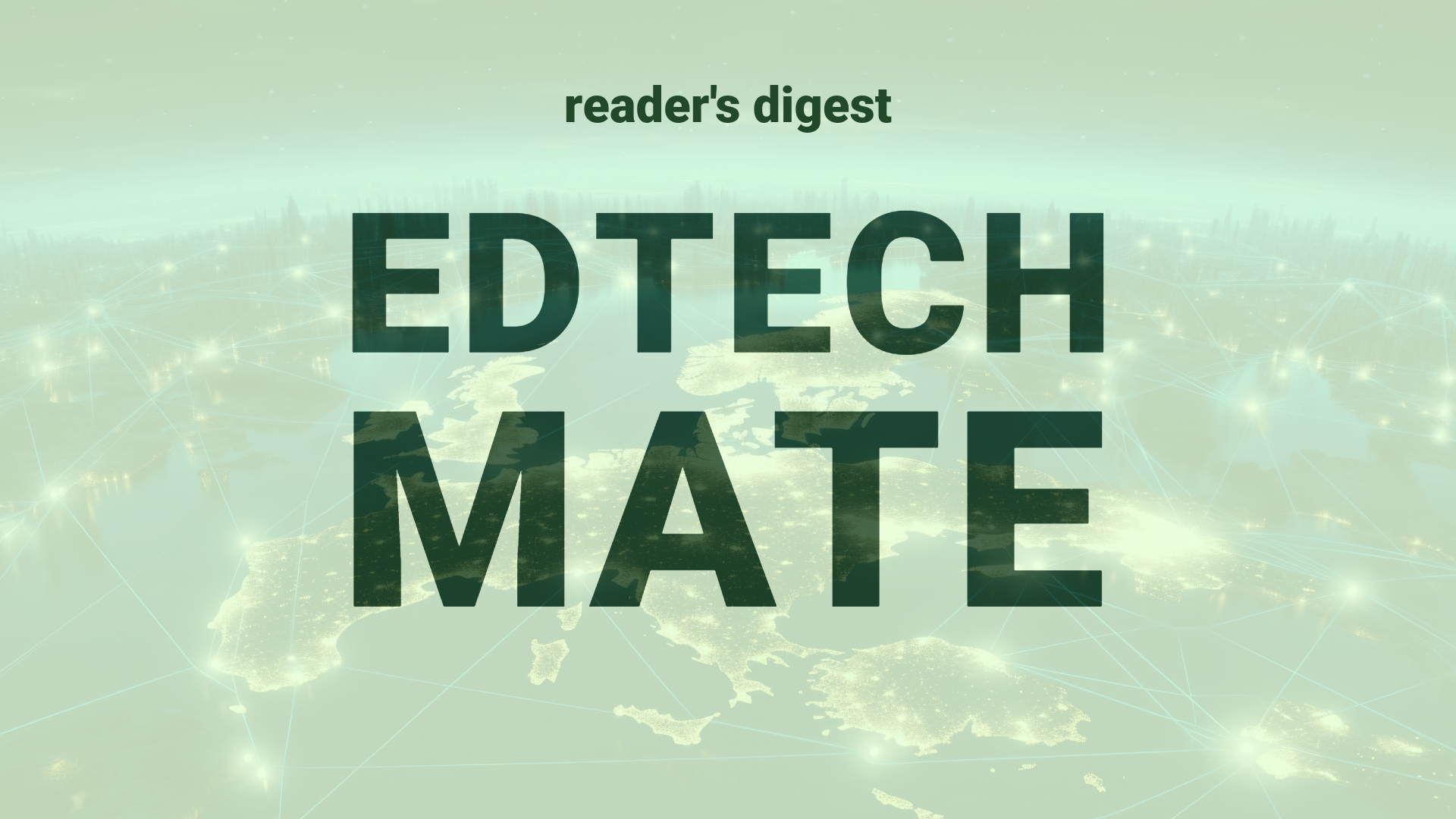Executive Summary and Main Points
Emerging trends in automation and artificial intelligence (AI) are significantly reshaping labor markets, particularly in STEM, healthcare, and higher-skill sectors. A mid-point adoption scenario anticipates up to 30 percent of current workforce hours could be automated by 2030. European and U.S. executives recognize an urgent need for advanced IT, data analytics, critical thinking, and social skills — currently in short supply. A strategic shift toward upskilling workers to align with higher-wage occupations is crucial. Choices in technology adoption and worker redeployment will be pivotal for enhancing productivity and equitable societal outcomes.
Potential Impact in the Education Sector
Education institutions at higher and further education levels, including providers of micro-credentials, need to respond strategically to these labor shifts by fostering STEM education, incorporating gen AI into curricula, and building strategic partnerships with industries. Emphasizing lifelong learning mechanisms to retrain the existing workforce and offering micro-credentials for emergent skills aligns with labor market needs and the digitalization imperative.
Potential Applicability in the Education Sector
Innovative applications of AI and digital tools, such as virtual classrooms, AI-driven tutoring systems, and adaptive learning technologies, can bridge skills gaps and prepare students for an AI-augmented labor market. Educators can leverage real-time labor market data to tailor programs that meet specific skill demands, ensuring global higher education systems remain relevant and responsive to industry needs.
Criticism and Potential Shortfalls
A critical concern is the potential for exacerbating income inequality and job polarization due to uneven AI adoption rates across different regions and sectors. Cultural and ethical considerations around AI in education must be addressed, emphasizing inclusivity and equitable access. International case studies show the varied success of AI integration, with some regions outpacing others in workforce transformation and digital fluency.
Actionable Recommendations
Strategically, education leaders should prioritize embedding AI literacy into curricula and partner with industry to forecast emerging skills. Proactive workforce planning and investment in teacher training will be essential to manage the transition. Furthermore, institutions should explore AI to personalize and improve learning outcomes while advocating for policies that support equitable digital access.
Source article: https://www.mckinsey.com/mgi/our-research/a-new-future-of-work-the-race-to-deploy-ai-and-raise-skills-in-europe-and-beyond

